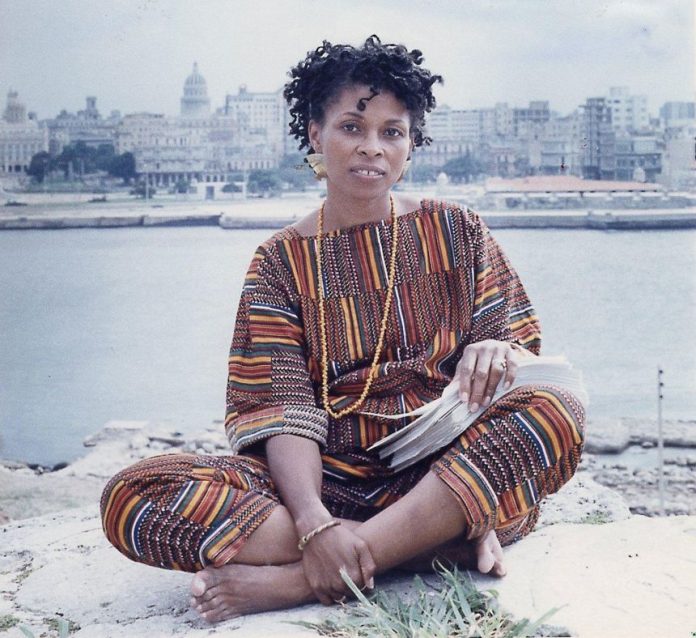
Cuba has announced the death of Assata Shakur, the American-born Black militant who lived as a fugitive for more than four decades after her dramatic escape from a U.S. prison.
Shakur, who was convicted of killing a New Jersey state trooper in the 1970s before fleeing to Cuba, died in Havana on September 25, 2025. She was 78 years old.
The Cuban foreign ministry confirmed her death in a brief statement published on its official website. “On September 25, 2025, the American citizen Joanne Deborah Byron, alias Assata Shakur, died in Havana, Cuba, due to health problems and her advanced age,” the statement read.
Born Joanne Deborah Byron, and also known as JoAnne Chesimard, Shakur was a prominent figure in the Black Liberation Army, a militant nationalist group that operated primarily in the United States during the 1970s. Her notoriety stemmed from a 1973 shootout during what began as a routine traffic stop on the New Jersey Turnpike. Authorities alleged that Shakur and two companions opened fire, killing state trooper Werner Foerster. She was arrested, tried, and in 1977 convicted of murder, receiving a life sentence.
Shakur, however, always maintained her innocence. She insisted that she never fired a weapon during the confrontation, claiming her hands were raised when the fatal shots rang out.
In 1979, just two years after her conviction, she pulled off one of the most famous prison escapes of the era. With outside help, she slipped out of a New Jersey correctional facility and disappeared. By 1984, U.S. authorities confirmed she had surfaced in Cuba, where she was granted asylum. The Cuban government consistently rejected American demands for her extradition, allowing her to live openly in Havana for decades.
Her presence in Cuba was a point of enduring tension between Washington and Havana. In 2013, the FBI escalated its pursuit by designating her a domestic terrorist and placing her on its list of Most Wanted Terrorists, the first woman ever to appear there. A $1 million bounty was placed on her capture.
Even into recent years, senior U.S. officials condemned Cuba’s refusal to hand her over. “The Cuban regime continues to provide safe haven for terrorists and criminals, including fugitives from the United States,” U.S. Secretary of State Marco Rubio declared in May, in a post that featured photos of both Shakur and the slain officer. Rubio vowed that Washington would maintain its “unwavering commitment to holding the Cuban regime accountable.”
Cuba’s decision to harbor Shakur aligned with a broader historical pattern. The Caribbean nation had become a refuge for radical Black activists fleeing U.S. law enforcement in the 1960s and 1970s, including Black Panther Party leaders Huey Newton and Eldridge Cleaver. Shakur, who later became a symbol of resistance for some activists and a convicted cop-killer to others, remained one of the most high-profile American fugitives to live out her final years there.



